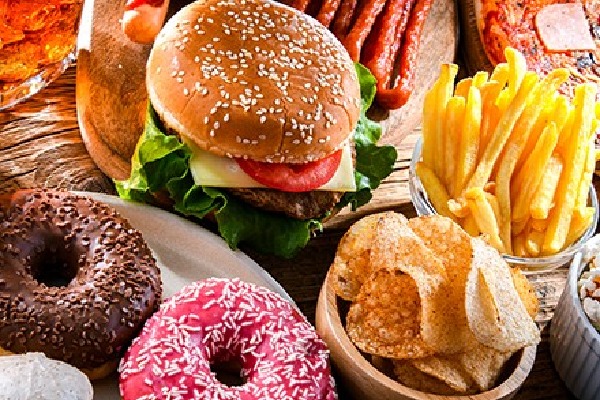Eating ultra-processed foods may shorten your lifespan, cause early death: Study

Love to binge on packaged baked goods and snacks, fizzy drinks, sugary cereals, and ready-to-eat or heat foods? Beware, it can cut short your lifespan and raise the risk of early death, according to a 30-year-long study published in the journal The BMJ on Thursday.
The risk is because ultra-processed foods often contain colours, emulsifiers, flavours, and other additives and are typically high in energy, added sugar, saturated fat, and salt, but lack vitamins and fibre -- leading to poor health, and raising the risk of obesity, diabetes, and hypertension, which can further raise the risk of cardiovascular diseases and cancer.
For the study, an international team of researchers including from the US, Brazil, and China, tracked the long-term health of 74,563 female registered nurses from 11 US states between 1984 and 2018; and 39,501 male health professionals from all 50 US states from 1986 to 2018 with no history of cancer, cardiovascular diseases, or diabetes.
The results revealed that eating an average of 7 servings per day of ultra-processed foods caused a 4 per cent higher risk of total deaths and a 9 per cent higher risk of other deaths, including an 8 per cent higher risk of neurodegenerative deaths. The rate of death from any cause among participants in this group was 1,536 per 100,000 person-years.
Further, eating meat, poultry, and seafood-based ready-to-eat products showed the strongest risk of early death, followed by sugar-sweetened and artificially sweetened beverages, dairy-based desserts, and ultra-processed breakfast food.
Even though this is an observational study, so no firm conclusions can be drawn about cause and effect, “the findings provide support for limiting consumption of certain types of ultra-processed food for long-term health,” said the researchers.
“Future studies are warranted to improve the classification of ultra-processed foods and confirm our findings in other populations,” they added.